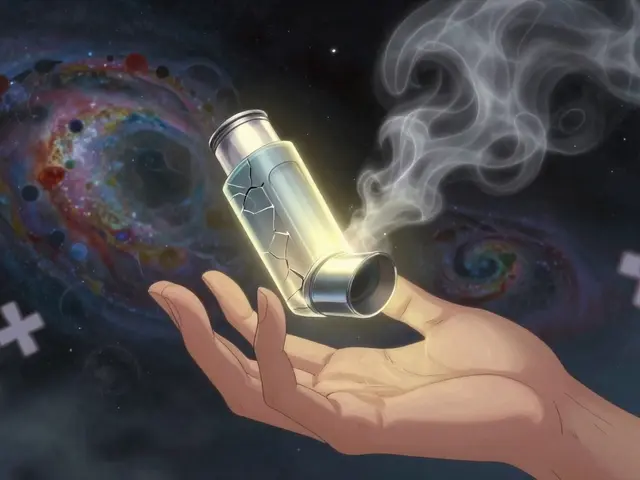Alcohol Dependence: What It Is and How to Manage It
If you or someone you know keeps drinking even when it hurts, you might be dealing with alcohol dependence. It’s more than just enjoying a few drinks – it’s a pattern where the brain and body start to rely on alcohol to feel normal.
People often think dependence only shows up as obvious problems like missing work or fights, but early signs are subtle. Craving a drink after a stressful day, needing more alcohol to feel the same buzz, or drinking to avoid withdrawal symptoms are all red flags.
Why People Become Dependent
There isn’t a single cause. Genetics can make some folks process alcohol differently, while stress, anxiety, or depression can push others to self‑medicate. Social environments matter too – if your friends always meet at a bar, saying no becomes harder.
Physical changes happen too. After regular drinking, the brain adjusts its chemistry, so it sends “I need alcohol” signals when you try to quit. That’s why suddenly stopping can feel like your body’s screaming for a fix.
Real‑World Effects and Getting Help
Alcohol dependence hurts more than your liver. It raises blood pressure, messes with sleep, and can trigger mood swings. Long‑term, it raises the risk of heart disease, certain cancers, and mental health disorders.
If you recognize these signs, the first step is honest self‑check. Write down how much you drink, when you drink, and what emotions are tied to it. Seeing the pattern on paper often sparks motivation.
Next, reach out. Talk to a trusted friend, family member, or a health professional. Many doctors can prescribe medication that eases cravings, and counselors can teach coping skills without judgment.
Support groups like AA (Alcoholics Anonymous) or local community meetings offer a space where you hear stories similar to yours. Sharing experiences reduces shame and builds accountability.
Practical changes also help. Replace evening drinks with a walk, a new hobby, or a non‑alcoholic beverage you actually enjoy. Keep cash out of reach and avoid triggers like certain apps or locations until you feel stronger.
Recovery isn’t instant. Expect setbacks and treat them as learning moments, not failures. Celebrate small wins – a night without a drink, a week of reduced consumption, or simply asking for help.
Remember, alcohol dependence is a health issue, not a moral flaw. With the right mix of self‑awareness, professional help, and supportive community, you can regain control and improve your overall well‑being.
Alcohol Dependence Syndrome: Long-term Effects on Cognitive Function
Alcohol dependence syndrome chips away at your ability to think, remember, and make decisions—often for years before you notice. This article digs into how heavy drinking actually changes the brain, why it’s not just about short-term memory lapses, and what science says about long-term risks like dementia. Get practical tips on spotting early warning signs, plus real ways to help your brain recover if you (or someone you care about) decide to stop drinking. The damage isn’t always set in stone, but ignoring it won’t make it go away.





